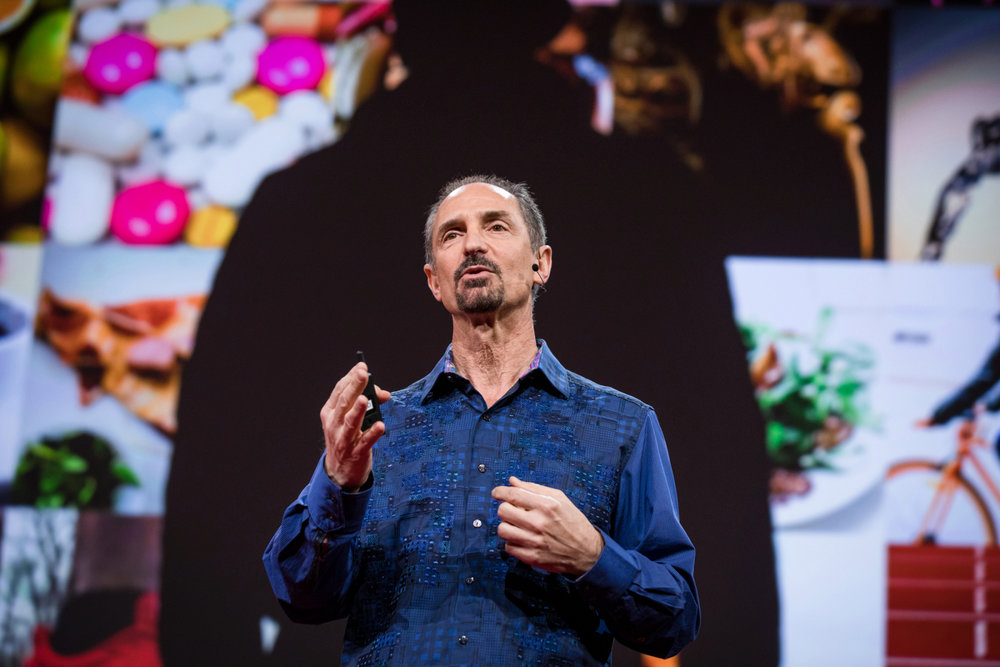
Artificial intelligence, app updates, and concerns from the supply chain — that’s the news here on the AWT News Update today:
- Miss the AWT TV episode last night? It’s available for your viewing pleasure out on YouTube.
- Siri co-founder and Apple employee Tom Gruber gave a TED talk today about AI, and the possibilities are quite impressive
- The three iWork apps — Pages, Numbers and Keynote — were all updated today
- Some Apple suppliers are concerned that their billions of dollars in OLED-related plant may become obsolete if Apple decides to adopt a newer technology for future products
The text version of the podcast can be viewed below. To listen to the podcast here, click the play button on the player below. Note to Apple News readers: you’ll need to visit Apple World Today in order to listen to the podcast.

Text Version
This is Steve Sande for Apple World Today, and you’re listening to the AWT News Update for April 25th, 2017.
Just a reminder – if you didn’t get to watch our Apple Watch 2nd anniversary episode of AWT TV last night, it’s available out on our YouTube channel at youtube.com/c/appleworldtoday. Be sure to share the show with friends, give us a thumbs-up, and subscribe to the channel.
Siri co-founder and Apple artificial intelligence expert Tom Gruber today spoke at the TED conference, where he stated that artificial intelligence shouldn’t be used to replace humans, but rather to enhance the parts of being a human that are unreliable or that fail with time. Gruber believes that in the fairly near future, the human/computer relationship will grow to the point that we’ll be able to automatically remember every person we’ve ever met, and even how every meal we’ve ever eaten tastes. Gruber asked, “What if you could have a memory that was as good as computer memory and is about your life? What if you could remember every person you ever met, how to pronounce their name? Their family details? Their favorite sports? The last conversation you had with them?” Gruber thinks, however, that the collected data could be harvested for nefarious purposes unless secured very well. These technologies could be used for those with dementia and Alzheimer’s if properly developed. Gruber has been named to the board of trustees of the Partnership of AI, of which Apple is a founding member. The group wants to pool resources and develop interoperability for the future of AI technology.
Those free iWork apps were updated today. Pages, Numbers and Keynote for iOS and macOS were all given a few tweaks, with the iPad version of Numbers being given a numeric keypad to ease the entry of digits into spreadsheets. This is the first set of updates to iWork since the suite became free for everybody. With the exception of the numeric keypad, just about all of the other improvements seem to be oriented towards increasing stability of the apps and speeding them up a bit.
Apple suppliers Samsung and LG are apparently concerned that Apple will replace organic LEDs (OLEDs) in displays with a new and much more power efficient technology called micro-LED. Why are they concerned? Well, these two big display providers have spent a lot of money in factories and equipment to make enough OLED displays to handle the expected rush of orders for the iPhone 8 and succeeding iPhones. Initially, it’s expected that the 2017 Apple Watch 3 will use the micro-LED display technology, with future iPhones going in that direction. Apple purchased a company called LuxVue in 2014 to develop micro-LED screen products, and recent patents granted to Apple show how sensing infrared diodes in micro-LED displays could be used to build Touch ID into a screen — something that is expected with the iPhone 8. By using micro-LED in the Apple Watch 3, Apple could test and perfect the technology before moving it into phones a few years from now. So why are those suppliers concerned? They could lose billions of dollars worth of OLED production to micro-LED production in China or other countries. Samsung and LG are also deeply worried that Apple, which wants to acquire Toshiba’s memory business, could source RAM and camera modules from other companies as well. Right now, Apple buys about $2.6 billion in components from South Korea, and the company’s moves to develop its own components and increase the number of suppliers could really affect the nation’s industry.
That’s all for today; I’ll be back tomorrow afternoon with another edition of the AWT News Update.
